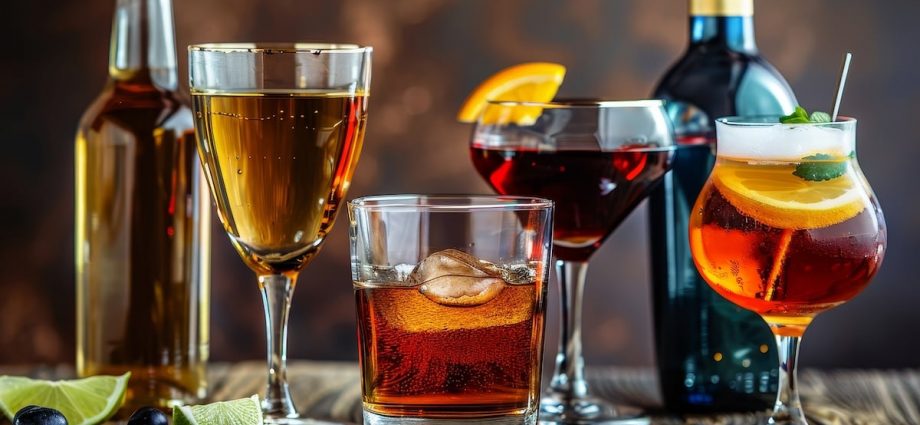FRIDAY, Jan. 3, 2025 (HealthDay News) — Alcoholic beverages should carry a more specific label warning about cancer risks, the U.S. surgeon general said on Friday.
In a new Advisory on Alcohol and Cancer Risk, Surgeon General Dr. Vivek Murthy outlined the connection between alcohol consumption and cancer.
The third leading preventable cause of cancer in the United States (behind tobacco and obesity), alcohol consumption increases the risk for at least seven types of cancer.
“Alcohol is a well-established, preventable cause of cancer responsible for about 100,000 cases of cancer and 20,000 cancer deaths annually in the United States — greater than the 13,500 alcohol-associated traffic crash fatalities per year in the U.S. — yet the majority of Americans are unaware of this risk,” U.S. Surgeon General Dr. Vivek Murthy said in a press release.
He noted that the report “lays out steps we can all take to increase awareness of alcohol’s cancer risk and minimize harm.”
The new advisory contains a series of recommendations, including an update of the warning label on beverages that contain alcohol, to increase cancer risk awareness.
Labels currently posted on bottles and cans of alcoholic beverages warn about drinking while pregnant or before driving and operating other machinery, and about general “health risks.”
Regardless of the type of alcohol (beer, wine or spirits) consumed, the direct link between alcohol consumption and cancer risk is well-established for at least seven types of cancer, including
-
cancers of the breast
-
colorectum
-
esophagus
-
liver
-
mouth (oral cavity)
-
throat (pharynx) and
-
voice box (larynx)
For breast cancer specifically, 16.4% of total breast cancer cases are attributable to alcohol consumption.
While evidence for this link has been growing over the past four decades, less than half of Americans recognize alcohol consumption as a risk factor for cancer.
For years, moderate drinking was said to help prevent heart attacks and strokes, and now, as the U.S. Dietary Guidelines are about to be updated, some experts see it as an opportunity to start to explain the cancer risks.
The Dietary Guidelines are updated every five years. For 2020, the last review, the team that creates the final guideline — The U.S. Departments of Health and Human Services (HHS) and Agriculture (USDA) — did not adopt all of the specific recommendations put forth by the Dietary Guidelines Advisory Committee, including the recommendation that men who consume alcohol limit intake to 1 drink per day. The change would have reduced the recommended daily limit from 2 drinks to 1 drink.
In 2021, the decision to overrule the advisory committee and keep the recommendation at 2 drinks a day was described in an article published in The American Journal of Clinical Nutrition. The authors concluded that the “decision of the 2020–2025 DGA not to include the stricter recommendations of the DGAC is a missed opportunity to send a stronger message about the value of reducing intake [of alcohol].”
Besides the alcohol warning label, the advisory calls for reassessing the limits for consumption, and advises people to be mindful of the relationship between alcohol and increased cancer risk when considering whether or how much to drink.
Additionally, the advisory says, public health professionals and community groups should highlight alcohol consumption as a leading modifiable cancer risk factor and expand education efforts to increase general awareness. Healthcare providers should promote the use of alcohol screening and treatment referrals as needed.
Copyright © 2026 HealthDay. All rights reserved.

